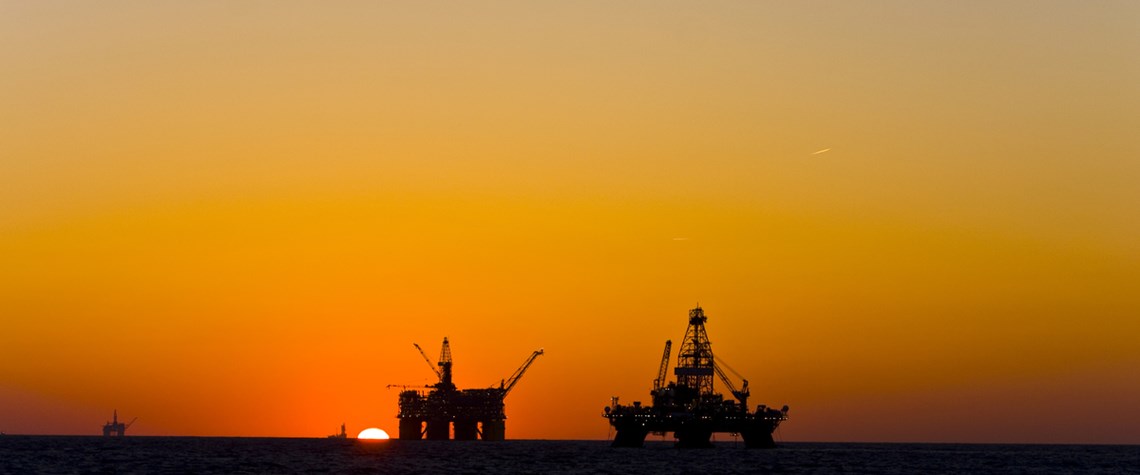Drilling ban spooks Gulf of Mexico
A long-term federal waters embargo would trigger severe production losses in the region, forcing firms to withdraw capital
An extended US federal lease ban preventing new offshore drilling in the Gulf of Mexico would have significant consequences for the long-term future of the region, disrupting operator strategies and sinking output drastically over the next decade. Under this scenario, natural declines in the Gulf of Mexico would sharply set in as operators work through their inventories and reallocate capital to domestic onshore projects—either to non-federal land or acreage already sanctioned—or to international assets. Consultancy Rystad Energy estimates that an offshore drilling ban lasting two presidential terms would reduce production by up to 200,000bl/d by 2030. A ban lasting just one term would hurt

Also in this section
26 February 2026
OPEC, upstream investors and refiners all face strategic shifts now the Asian behemoth is no longer the main engine of global oil demand growth
25 February 2026
Tech giants rather than oil majors could soon upend hydrocarbon markets, starting with North America
25 February 2026
Capex is concentrated in gas processing and LNG in the US, while in Canada the reverse is true
25 February 2026
The surge in demand for fuel and petrochemical products in Asia has led to significant expansion in refining and petrochemicals capacities, with India and China leading the way







